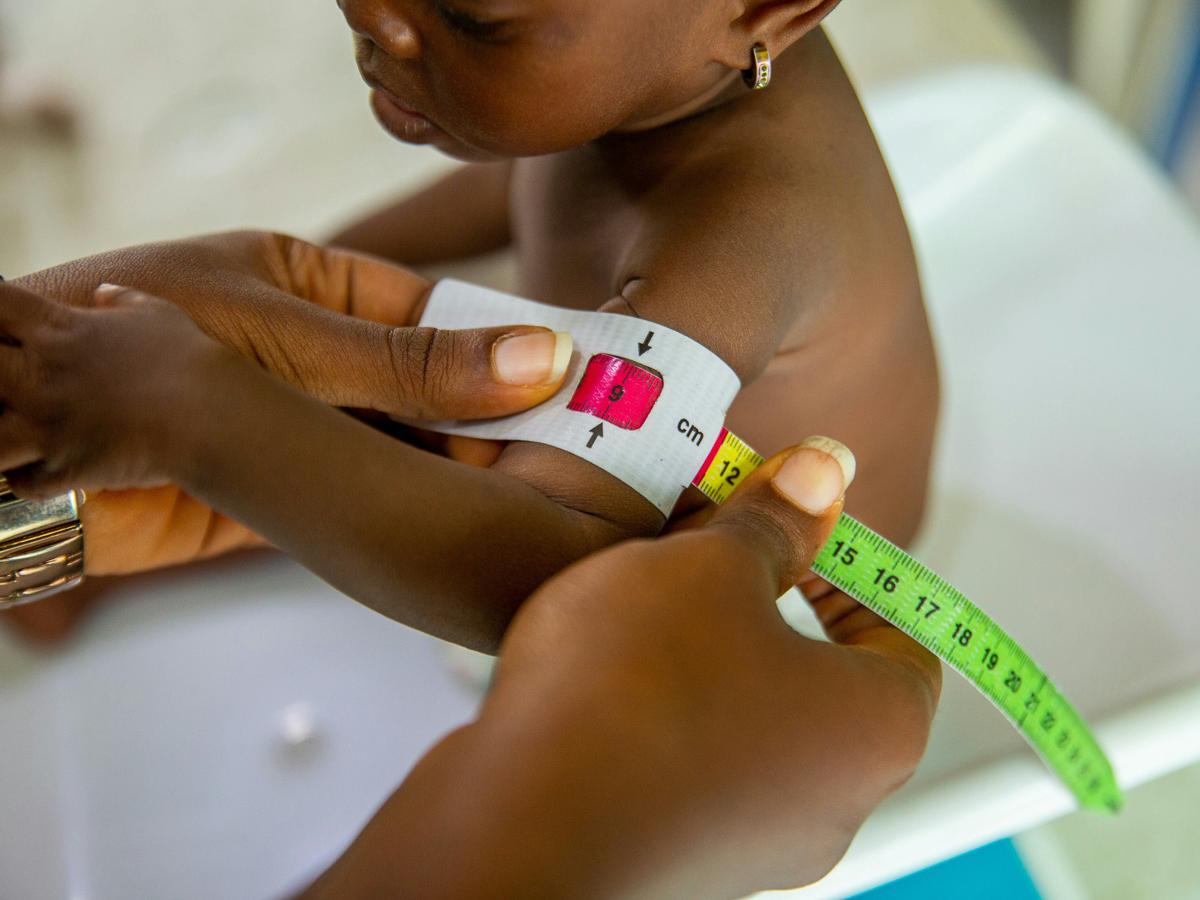
Too many children around the world are still malnourished and too few countries are on track to address the problem that has a life-long impact on a person.
Public health experts from the University of Adelaide have evaluated the impact of food interventions for infants and children in reducing malnutrition in low-to-middle income countries.
"Despite several interventions, global wasting prevalence has declined slowly, with just 19 per cent of countries on track to meet the World Health Assembly 2025 targets of maintaining the prevalence of wasting below 5 per cent," said lead author Associate Professor Zohra Lassi, School of Public Health and Robinson Research Institute, University of Adelaide.
Malnutrition contributed to 12.6 per cent of the global mortality in children younger than 5 years, and 16.6 million children were suffering from severe acute malnutrition in 2018.
The World Health Organization, which commissioned this study, defines wasting as low weight-for-height and is associated with a higher risk of death if not treated properly.
"Childhood wasting is influenced by several factors, including maternal malnutrition, which may contribute to low birth weight and prematurity," said Associate Professor Lassi.
"Other factors may include inadequate infant and young child feeding practices, limited healthcare access, famine and food insecurity, and unsanitary environments.
"Wasting is also associated with infectious diseases, amplifying mortality risks from conditions like diarrhea and pneumonia."
Associate Professor Lassi, Zahra Ali Padhani and their team reviewed 24 international studies to explore the effect of different food interventions or supplements.
"Interventions like community-based maternal and child nutritional supplementation, breastfeeding promotion, and infant nutrition education for infants in low-to-middle-income countries show promise in reducing the risk of wasting," said Associate Professor Lassi.
"We found infants and children given lipid-based nutrient supplements (such as Plumpy'doz) had significantly reduced wasting and significant improvements in weight for age, mid-upper arm circumference and underweight prevalence, along with significant reductions in mortality.
"Our review also found that providing fortified blended food supplementation (such as Corn Soy Blend ++ (CSB++) and Wheat Soy Blend ++ (WSB++)) to children up to 6-18 months of age as well as providing supplements to mothers was found to improve growth and to reduce the prevalence of wasting by 49 per cent."
The systematic review was published in Nutrition Reviews.
"The first 1000 days from conception through infancy and early childhood are critical. There is only a small window of opportunity to establish a foundation for lifelong health and development," said Associate Professor Lassi.






